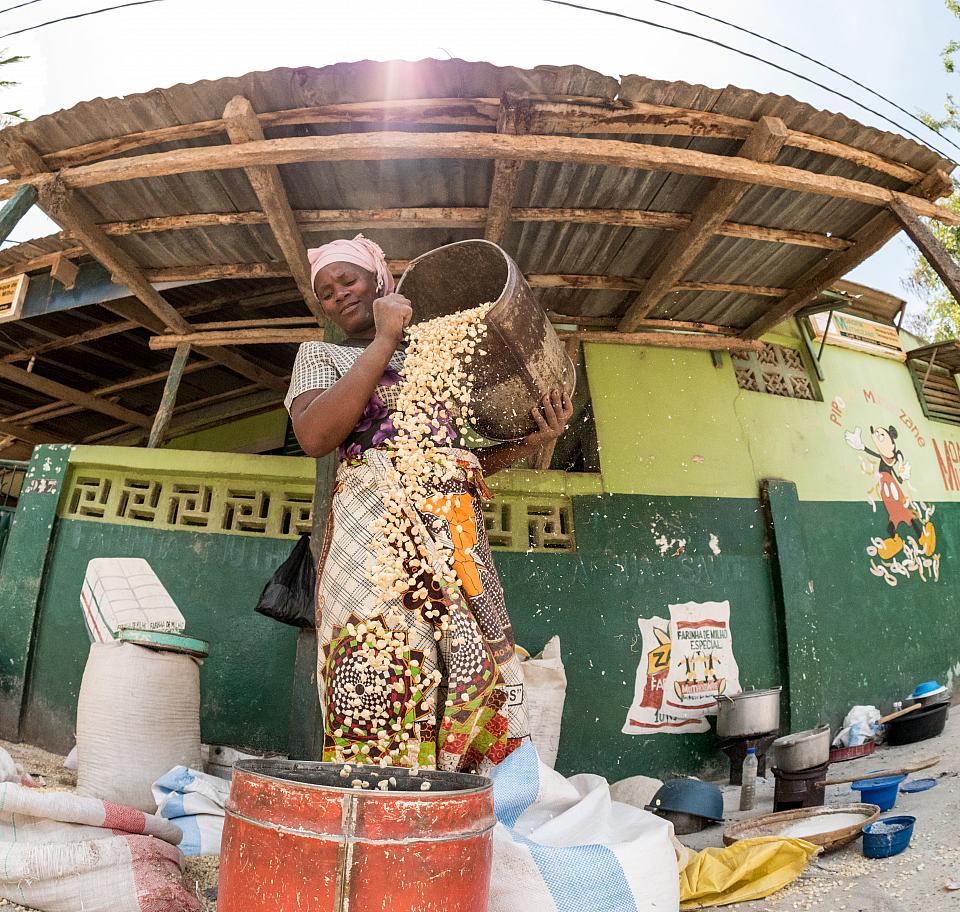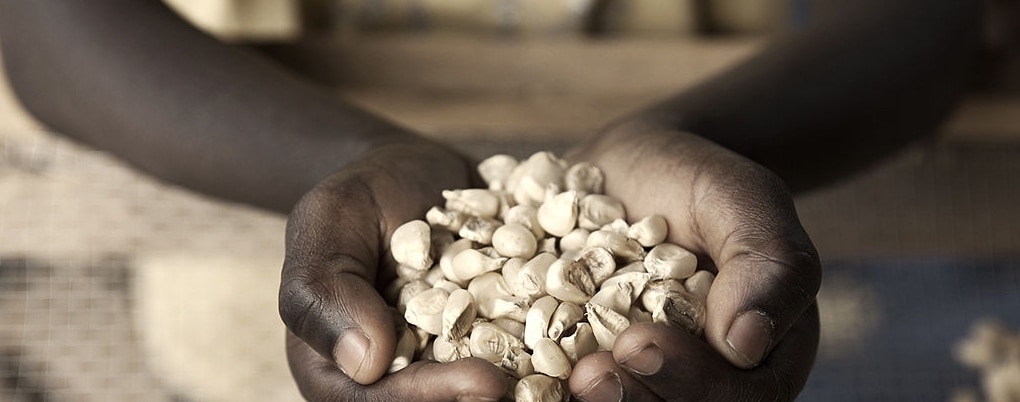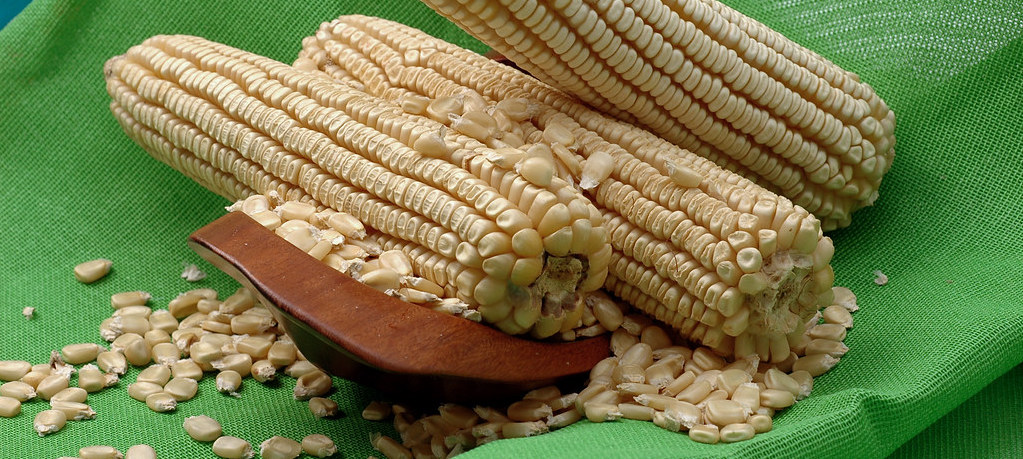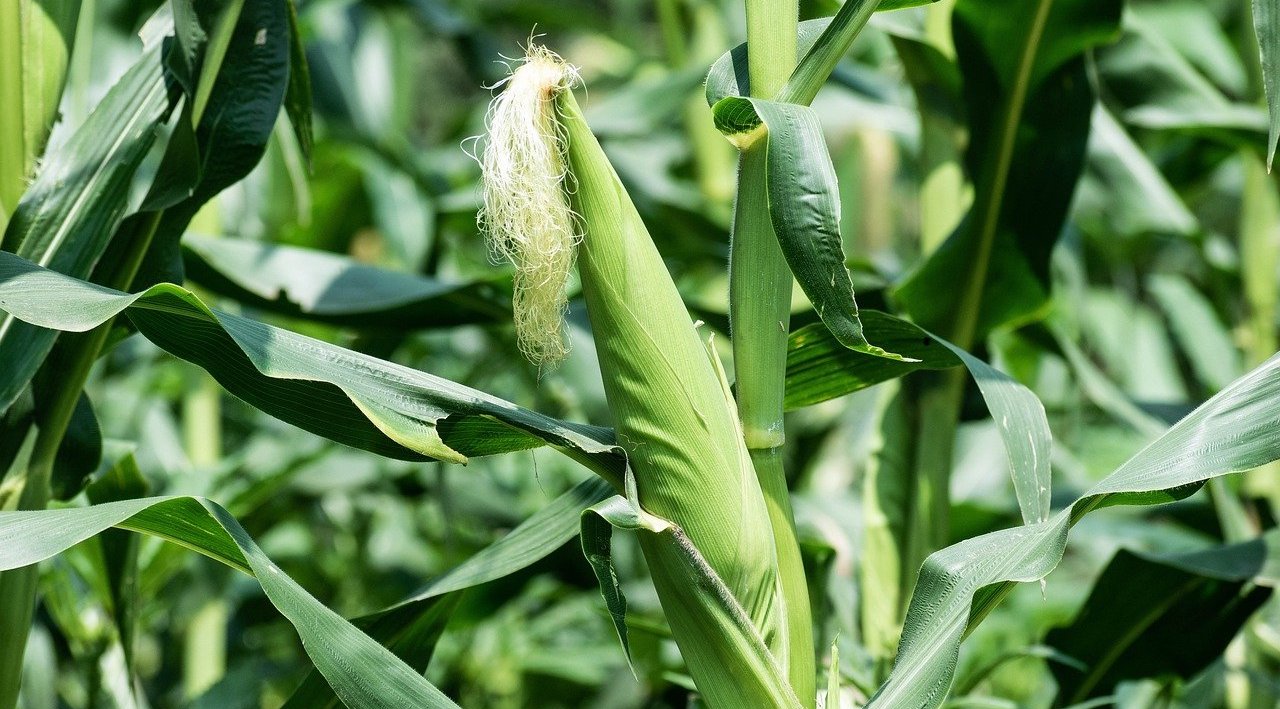Agro-dealers in Kigoma Region are an excited lot. AGRA’s multi-faceted interventions across partnerships with the Government of Tanzania, farmer organizations, seed companies, agro-dealers as well as financial institutions is delivering dividends as smallholder farmers adopt new agricultural technologies to improve staple food production and commercialize their farming activities.
The implementation of Kilimo PiATA Tija Project since 2017, has gained traction among the farmers and businesses supporting them. Translated from the Kiswahili language into English, Kilimo Tija describes the shift to a productive, profitable and solution-based agriculture, while PIATA is the acronym for the Partnership for Inclusive Agricultural Transformation (PIATA), a five-year engagement led by AGRA, the Rockefeller Foundation and the Bill & Melinda Gates Foundation to catalyse and sustain an inclusive agricultural transformation in Africa.
PIATA advocates for increased linkages between smallholder farmers and agribusiness to expand economic opportunity, and in Tanzania, one of 11 countries under the Partnership, there is a strong push for fertilizer uptake by both the private sector and public institutions. The African Fertilizer and Agribusiness Partnership (AFAP), established by AGRA in 2011, has widespread reach in the country in collaboration with Tanzania Fertilizer Regulatory Authority (TFRA), offering training for agro-dealers and extension officers, and in establishing demonstration plots.
Agriculture is the main economic activity in Kigoma Region, dominated by small-scale farmers, the majority of them women. Within the AGRA partnership are 170,000 farmers in 217 villages growing maize, beans, cassava, rice, bananas, oil palm, coffee, tobacco and a variety of fruits and vegetables. The widespread awareness and a marked demand for improved seed varieties, fertilizers and good crop husbandry practices has transformed subsistence practices into productive ventures with a commercial value beyond food security.
Even as agro-dealers acknowledge an increase in the uptake of improved seeds and fertilizers among the region’s farmers, the old challenges persist. Mr. Plan Nzuguri, an agro-dealer representing Bahiga Investments Ltd., noted that between January and March 2019 he had sold 450 metric tons of fertilizers to agents in almost all villages in Kibondo District.
“I get the commodity from Dar es Salaam,” he said, “but one of the biggest hurdles we face is when transporters refuse to take the commodity into the villages on account of the bad roads.”
Small to medium-sized rural businesses also cite financing as a barrier and want the government and development stakeholders in the agriculture sector to address the constraints they face. Financing and investments are critical components in the support structure of an inclusive agricultural transformation in Africa that includes the provision of multiple services dedicated to supporting both on- and off-farm agricultural activities and businesses such as input provision, production and distribution, transportation, wholesale, processing and marketing. However, financial services providers struggle to put a price to the risk of loans to this category of clients.
Another agro-dealer, Mr. Sebastian Muganya, in Kasulu District said that for the first time in 25 years of business, the orders for fertilizers from his customers early in 2019 exceeded his capacity to meet demand. The majority of his clients are the village agents who own shops and sell fertilizers to smallholder farmers.
“Demand was low in the past because very few farmers bought fertilizers,” he reminisced, “three years ago, I used to sell 10 metric tons of fertilizers in a season, but in the last season alone I sold over 100 metric tons!”
The trend is similar in the demand for improved seeds. Retailers report a marked rise in uptake to the point that they now require new capital injection to enable them restock and expand.
Both Nzuguri and Muganya want government and agriculture stakeholders to create an environment for agro-dealers to secure loans to facilitate the construction of go-downs as well as to enable them raise the capital to top up fertilizer purchases.
Mr. Jackson Lumbagi, from Ruvuma Commercialization and Diversification of Agriculture (RUCODIA), a service provider in the Kilimo PiATA Tija consortium agrees that financing agricultural value chains is a smart way of transforming the sector for smallholder farmers and SMEs.






